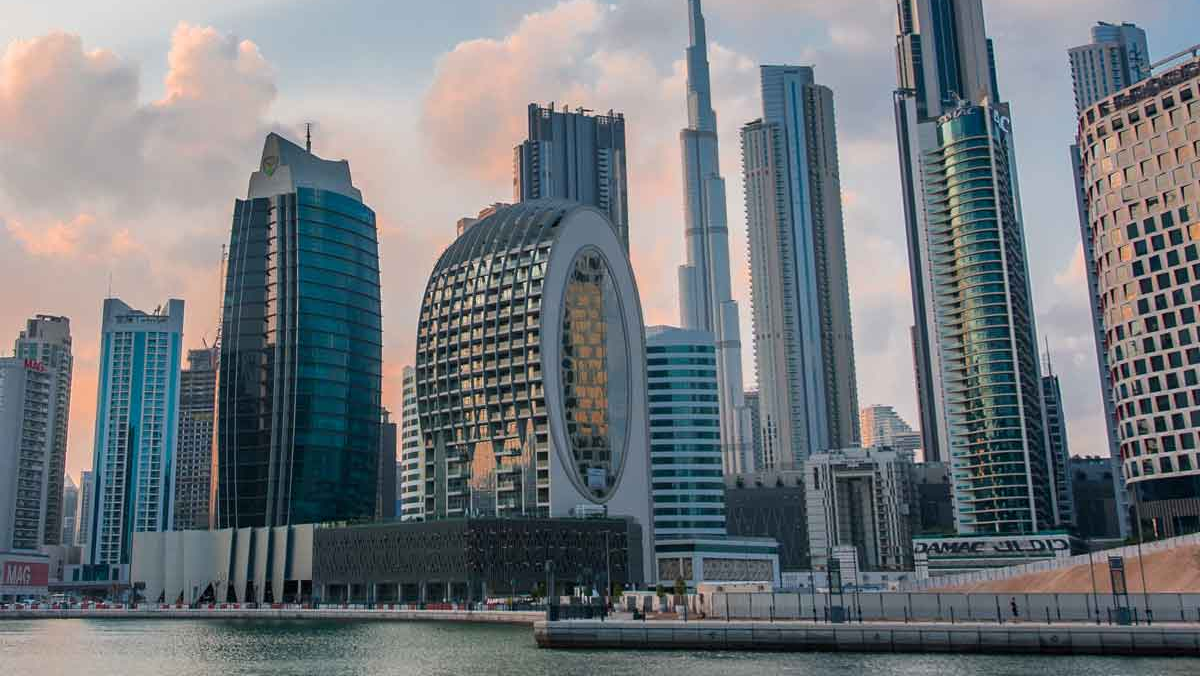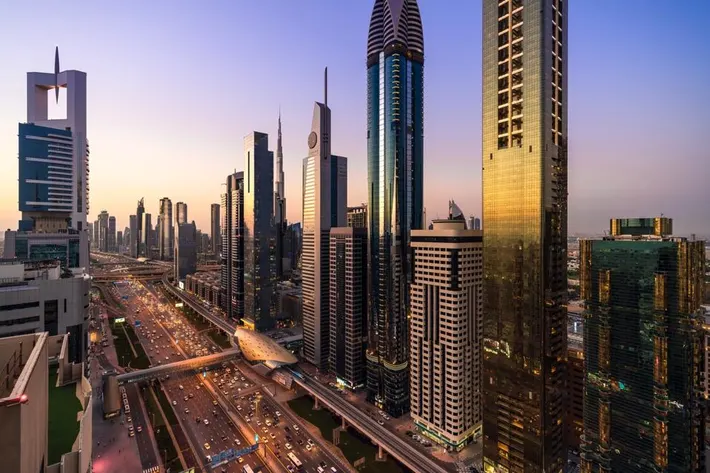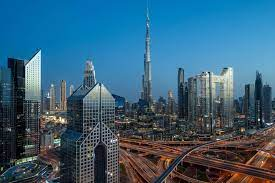Now Reading: How UAE Newsrooms Are Thriving in Digital Revolution 2025
-
01
How UAE Newsrooms Are Thriving in Digital Revolution 2025
How UAE Newsrooms Are Thriving in Digital Revolution 2025

Table of Contents
The United Arab Emirates (UAE) is witnessing a major shift in how news is created, shared, and consumed. Once dominated by traditional print newspapers and magazines, the UAE press is now moving quickly into the digital age. With smartphones in nearly every hand and social media growing more powerful each year, news organisations across the UAE are evolving to stay relevant and reach modern readers.
This transformation isn’t just about moving stories from paper to screens. It’s about faster news, interactive content, real-time updates, and new ways of building trust with audiences.
Rise of Digital Platforms

The biggest change in the UAE press is the rise of digital-first platforms. Leading news brands like Gulf News, Khaleej Times, The National, and Al Bayan now focus heavily on their websites, mobile apps, and social media pages. These platforms allow them to publish breaking news within minutes and share it directly with millions of readers online.
Digital media outlets are no longer simply republishing what’s in print. Many now produce exclusive online content, live videos, and podcasts to cater to tech-savvy audiences. Newsrooms have hired digital experts, videographers, and social media managers to keep up with the pace of digital storytelling.
In fact, for many younger readers in the UAE, social media has become the top source of news. Platforms like Instagram, X (formerly Twitter), TikTok, and LinkedIn are used to follow stories, updates, and opinions. As a result, UAE media houses have become very active on social media, often posting real-time news updates, polls, and visual explainers.
Shift in Audience Habits
The way people consume news in the UAE has changed dramatically. Today’s readers want fast, visual, and easy-to-understand information. Long columns of text are being replaced with short articles, bullet points, videos, and infographics.
Moreover, readers expect to access news anytime and anywhere. This has pushed UAE news organisations to make their websites mobile-friendly, send instant notifications, and even develop mobile apps with custom news feeds.
There’s also a greater demand for content in both English and Arabic. As the UAE is home to a large population of expatriates from different countries, news platforms often produce bilingual content to serve both local and global readers.
The Role of AI and Automation
Technology is not just changing how news is read, but also how it is made. Many UAE media outlets are starting to use artificial intelligence (AI) and automation tools. These technologies help in editing articles, recommending stories, and even writing basic news updates such as weather reports or sports scores.
AI is also being used to analyse reader behavior. For example, if a reader clicks more on business news, the platform may automatically show more articles in that category. This personalised approach keeps readers engaged and increases traffic on digital platforms.
Some media groups in the UAE are experimenting with AI-generated news summaries and chatbots that can answer reader questions about a story. These innovations are designed to make news faster, more interactive, and user-friendly.
Challenges Faced by Traditional Media
Despite the digital progress, the evolution hasn’t been easy for all. Many traditional print newspapers have seen a drop in circulation and advertising revenue. Printing costs are high, and younger generations prefer reading news online for free rather than buying a physical newspaper.
To survive, several print-focused media groups in the UAE have reduced print editions and invested more in digital content. They are also looking at new revenue streams, such as digital subscriptions, sponsored content, and online advertising.
However, the competition is tough. With so many digital platforms, it can be hard to grab attention. Clickbait, misinformation, and fake news also pose serious risks in the digital age. This makes it important for UAE media outlets to maintain credibility, accuracy, and journalistic standards.
Government Support and Regulation
The UAE government plays a major role in guiding the media landscape. Authorities support innovation in digital journalism and encourage investment in media technology. Initiatives like the Dubai Press Club and the Arab Media Forum help train journalists and promote best practices in digital storytelling.
At the same time, the government maintains strong regulation over content, ensuring that it aligns with national values and stability. News outlets must balance the need for speed with the responsibility of fact-checking and ethical reporting.
The UAE has also invested in creating free zones for media businesses, like Dubai Media City and twofour54 in Abu Dhabi. These hubs offer an ecosystem for digital creators, broadcasters, and online media startups, helping to grow the media sector in new directions.
The Rise of Citizen Journalism and Influencers

Another interesting development in the UAE’s digital press landscape is the rise of citizen journalism. With smartphones and social media, anyone can report breaking news, share opinions, or even live-stream events. While this brings diversity and speed to news, it also creates challenges in verifying facts and avoiding misinformation.
Social media influencers and bloggers also play a growing role in shaping public opinions. Some UAE news platforms now work with influencers to reach younger audiences, especially on platforms like TikTok and Instagram Reels.
However, there is a fine line between opinion and news. The UAE media system continues to educate the public on how to spot fake news and rely on trusted news sources for accurate information.
The Future of UAE Press
Looking ahead, the UAE press will likely become more digital, more interactive, and more data-driven. Technologies like virtual reality (VR), augmented reality (AR), and the metaverse may soon be used to create immersive news experiences.
Newsrooms will need to invest in training, technology, and talent to keep up with global trends. There is also likely to be more collaboration between traditional media and tech companies, content creators, and platforms like YouTube and Spotify.
Despite all the changes, one thing remains the same: the need for trusted, high-quality journalism. In the digital age, where information is everywhere, UAE media organisations have the responsibility and the opportunity to lead the way in innovation, trust, and impact.
Read More:- Why Smaller Lawns Are Smarter: Save Water and Money Fast 2025






















